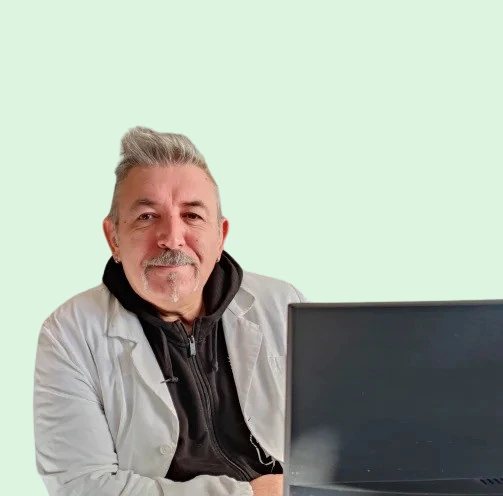“The limits of my language mean the limits of my world.” –
Ludwig WittgensteinBefore joining First Check, I was an independent fact-checker with a personal page on Facebook. When I saw my close circle of friends and relatives deal with confusion, anxiety, and panic as they followed the news on COVID-19 – many of which were in open contrast to each other – I had to do something.Although uncertainty dominated the times we were living in, I wanted to do something to help people think clearly and cope better with the uncertainties. ‘Management of uncertainty’ was the title of one of my first posts on Facebook. In a couple weeks, I reached more than 5,000 followers! I wondered how a man could, with his modest means, reach such a large audience of users, starting from zero.Soon, I was enlisted in the 2 nd Infodemic Manager training course by the World Health Organization (WHO). During the course, I discovered what my ‘special trick’ was: The ability (in my case natural, but which can also be learned) of knowing how to use appropriate language based on the type of reader/audience you are dealing with.My fact-checking journey began with my friends and family, people without a great level of education. Therefore, the nature of my posts was aimed at explaining complex scientific concepts using the language of the ‘common man’, while being careful not to simplify too much. Oversimplification often leads to error.Before becoming a researcher, I was a biology teacher. I had classes of different ages in different schools. Therefore, I am well aware of the fact that you cannot use the same type of language for everyone. In primary schools, you use a simplified language, and gradually it becomes more complex until you get to the university. So, I automatically applied the same procedure, starting with simple but correct concepts and, with the arrival of more specific questions, getting deeper into the subject with more technical language but without being incomprehensible.If we start from the famous aphorism of J.L. Borges “We do not argue to be right: we argue to understand each other”, the key to correct information is the ‘will’ to make people understand.
Sometimes, the tools may be lacking, as may be the means and the opportunities. However, if we have the ‘will’ to explain with the aim of making people understand, then our communication will never be a failure. Dr. Nicola Simone
Biologist & WHO-certified Infodemic Manager
Italy |
|

